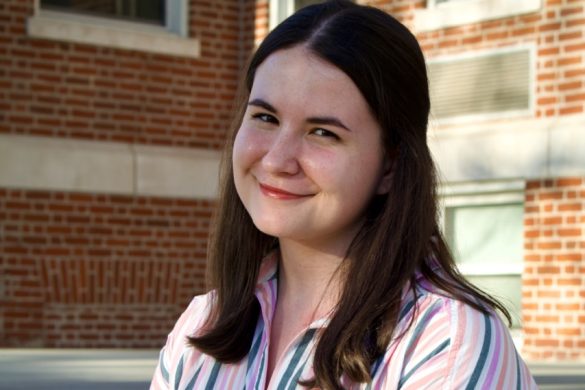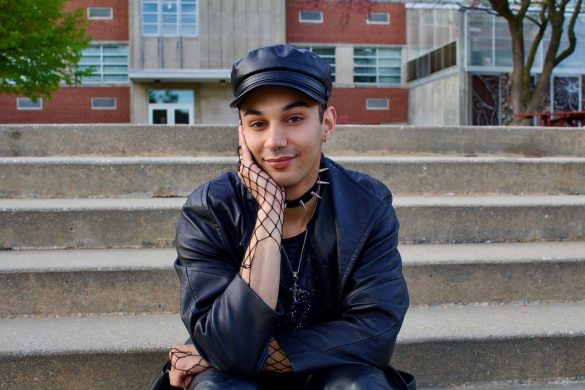Although it shouldn’t be, racism is still a problem in the United States. Many people still pose the question on the existence of racism against white people; in other words, reverse racism. To be clear, I condemn prejudice and racism of any kind and against anyone. However, I believe it is impossible to be racist against white people. Prejudice, yes. Racist, no. These are two separate concepts.
Prejudice, in this case, is an opinion about a person based solely on their race. Racism is the belief that one race is superior over another and often ends in both discrimination and prejudice towards another race.
Racism is a personal view with power behind it. Racism is the reason for slavery. Racism is the reason behind 100 years of segregation. Racism often ends in discrimination, and nowhere in history have white people been discriminated against. Sure, hateful comments can be said about white people, but those hateful comments will never hurt anything but feelings. Jobs will still be available and college will still be an option for most. White people will never be systematically oppressed by the things that someone else says.
In 2018, some, if not most, people of color are still systemically oppressed. Of course, everyone has the right to vote; we have had a black president; we can drink from the same water fountains, but systematically people of color are not treated as white people are.
According to sentencingproject.org, people of color are incarcerated in state prisons at a rate five times higher than white people and in some states, it’s at least 10 percent. More than one in eight voting-age black men could not vote in the 2016 election because of state laws that do not allow felons to vote, according to abcnews.com. When more black people are incarcerated, and fewer black people can vote, you can see how the system runs against them.
In 2010, according to demos.org, black Americans had only 2.6 percent of the country’s wealth, despite making up 13 percent of the U.S. population. Pewresearch.org also states that for the last 60 years, black unemployment has been double white unemployment. Even black college graduates are two times more likely to be unemployed. Not to mention people with so-called white sounding names are 50 percent more likely to get a call back from their job applications than those with so-called black sounding names with the exact same resume, according to nber.org. So, there is no doubt that white people have privilege in the United States. People of color gaining the same opportunities as white people is not racism, nor is it white people being discriminated against. It is simply equality. It is easy to call social equity discrimination when others are gaining the privileges that some have held all their lives.
Since the Miss USA pageant began in 1952, only nine black women have won the title. To say, “I’m glad a black woman won the Miss USA pageant,” seems appropriate, because it’s a celebration against the normal. However, to say, “I’m glad a white woman won,” would be insensitive, because white women have been winning the pageant since 1952. There is no social breakthrough when a white woman wins. This is not to say that when a white woman wins, she should go unnoticed or should be any less important—it shouldn’t—but you shouldn’t celebrate her race because it’s not a social breakthrough. Nothing new is happening. This is not racist. It’s not demeaning in any way and it’s not discriminating.
When people of color create spaces for themselves, and white people are denied in those spaces, some are quick to jump onto the reverse racism argument. Some people ask why it is wrong to promote white pride or why there isn’t a white history month. Here is why: white people have not historically had to fight for their rights or even their lives in a way that other races have. White people have privilege and you can’t celebrate something when that one race has had an easier time getting to that point than other races. To celebrate that privilege lessens the impactful events and breakthroughs that people of color have had.
Labeling prejudice as racism reflects and adds to a lack of understanding of systematic oppression, which must be understood to solve and overcome the oppression and prejudice. Celebrating racial milestones and creating groups for minorities but not for white people is not racism.
Demeaning comments can be said about white people, but those are just prejudice, but being racist against white people is virtually impossible because that would require privilege and power. And unfortunately, that is something that not all minorities have. I hope one day equity is achieved for all races and we can replace “reverse racism” for what it actually is: prejudice.








